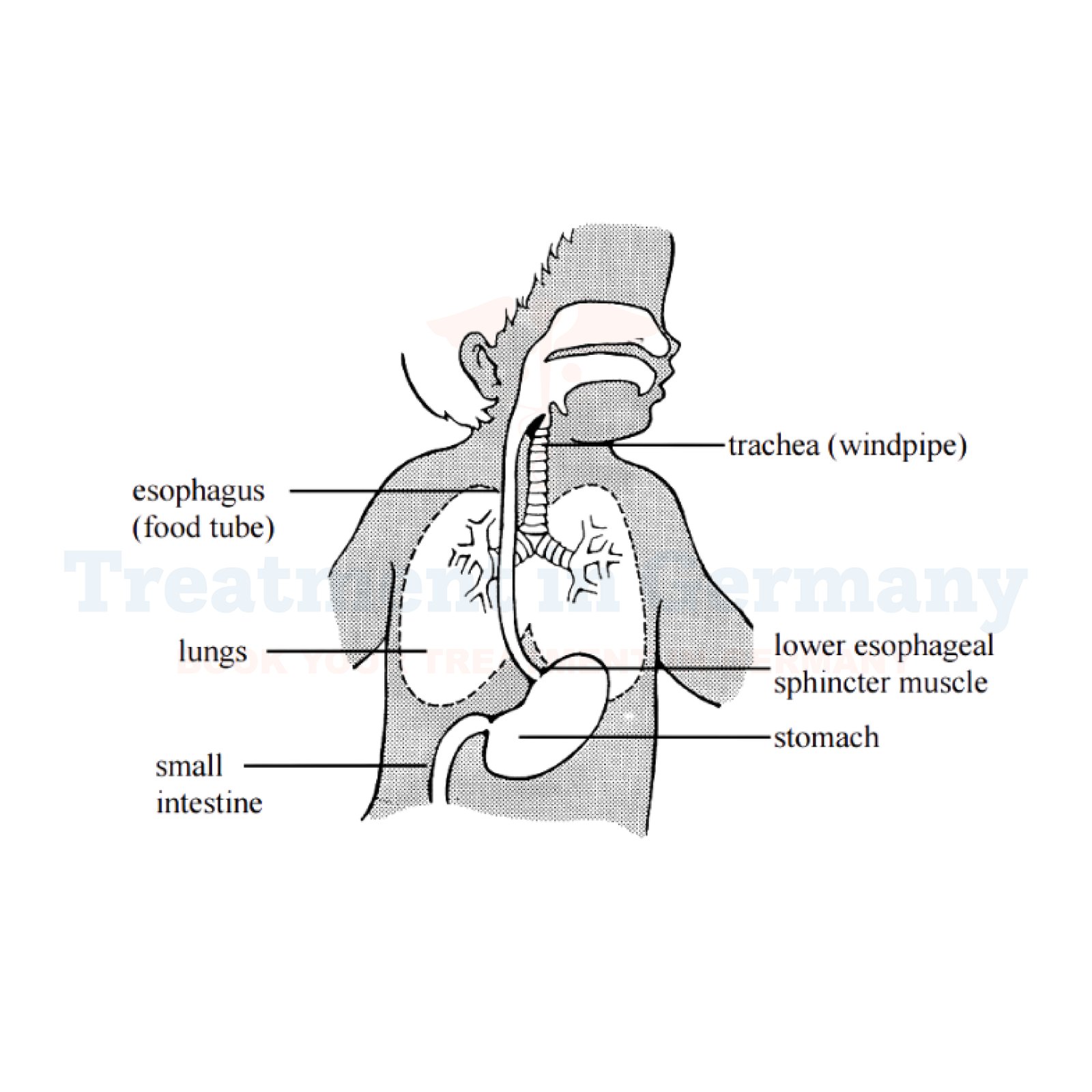Gastroesophageal reflux, commonly known as GERD, occurs when stomach contents flow back into the esophagus. This can cause uncomfortable symptoms like heartburn, chest pain, and difficulty swallowing. A gastroesophageal reflux (GER) scan is a critical diagnostic tool that measures the extent and frequency of reflux, helping you identify whether it is acidic or non-acidic. Germany is at the forefront of innovation in GERD diagnosis and treatment, making it an ideal destination for addressing your symptoms effectively.
Germany offers a wide range of advanced and effective treatment options for GERD, combining state-of-the-art technology with the expertise of highly trained medical professionals. Renowned for its cutting-edge healthcare facilities, Germany provides access to minimally invasive surgeries, innovative diagnostic procedures, and personalized medication plans to manage GERD. By seeking treatment in Germany, patients can benefit from a comprehensive approach that prioritizes precision, comfort, and optimal outcomes.
The causes of gastroesophageal reflux varies but GERD can arise due to various common factors, such as:
Types of GERD
Understanding the types of gastroesophageal reflux can help tailor the diagnosis and treatment approach. Common types include:
Symptoms
If you’re experiencing these symptoms, it may be due to gastroesophageal reflux. Common symptoms include:
Persistent heartburn
Regurgitation of stomach acids
Difficulty swallowing
Chronic cough or sore throat
Chest pain or discomfort, especially at night
GER Scan and Diagnosis
The gastroesophageal reflux (GER) scan is designed to provide precise insights into your condition, allowing you to take the next steps in managing GERD.
Measures the frequency and severity of reflux episodes.
Differentiates between acidic and non-acidic reflux, optimizing your treatment plan.
Offers clarity in diagnosing GERD-related complications, such as Barrett’s esophagus.
Advanced GERD Treatments in Germany
Germany has earned a global reputation for offering cutting-edge treatments that blend precision with patient-centric care. Whether your condition requires medical management or surgical intervention, Germany’s healthcare landscape has you covered.
Surgeries for Advanced GERD Cases
Medications and Drug Therapies
Innovative Therapies
Why Choose Germany for GERD Treatment?
Germany’s comprehensive approach integrates diagnostics, effective medications, innovative therapies, and minimally invasive procedures to deliver superior outcomes. Germany stands out as a global leader in healthcare for various compelling reasons:
Conclusion
Gastroesophageal reflux can significantly impact an individual's quality of life, but modern Gastroesophageal reflux scans, diagnostic techniques and effective treatments offer improved outcomes. Germany’s world-class healthcare system, renowned specialists, and state-of-the-art medical technologies position it as a top destination for GER treatment. By blending advanced treatment options with patient-centric care, Germany provides individuals with the best opportunity to manage their condition and restore their well-being.
👉 Contact us for further information and receive a complimentary consultation.


.webp)
 (1).webp)

.webp)
 (1).webp)


.webp)
 (1).webp)

.webp)
 (1).webp)
